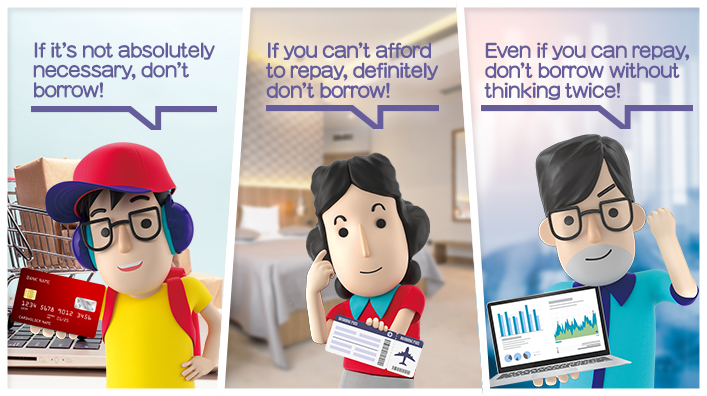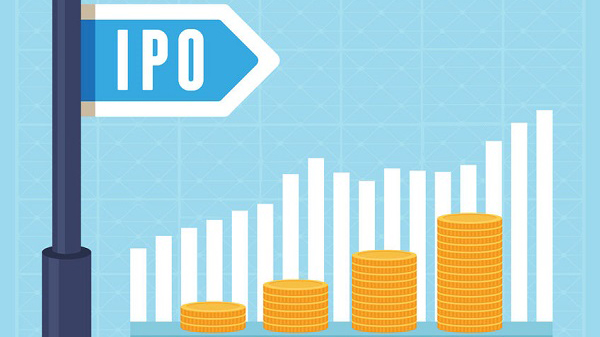To borrow or not to borrow? There are three criteria to consider

You are considered to be in debt if you have a credit card outstanding balance that you have not settled in full, or you have taken up a loan with a bank or finance company. Borrowing money has become so easy and convenient, and is easy for consumers to be taken in by the pervasive advertisements and fall into debt traps. To borrow or not to borrow, what are the considerations?
1. Do not borrow if it is not absolutely necessary
The desire to consume never stops. You may be buying a new phone this month with your credit card, and next month you may want a loan to go on a trip. The habit of spending borrowed money can easily lead to debt problems. Borrowing money does not increase your buying power. In fact, since you need to repay the principle plus interest, your financial situation will be affected adversely. It is also worth noting that borrowing money to invest is of high risk and may lead to big losses. Similarly, taking out a loan to gamble is a point of no return. It is harmful to borrow money to wager on an uncertain outcome, especially when you cannot afford to lose.
2. Definitely do not borrow if you cannot afford to repay
Before you borrow, use the Borrowing and Debt Calculator to work out the monthly repayment amount, loan term and cost of borrowing. If you find it difficult to repay the monthly amount, simply say no to the loan. Using more and more loans to repay existing ones can never solve your problem, and it will only worsen your financial situation. If you are buried in debt, you can seek help from a social workers who offer debt counselling support.
3. Even if you can repay, do not borrow without thinking twice
Easy to borrow, easy to repay – is easier said than done. The process of paying off debts is always more difficult than you think. The additional expenses stemming from the monthly repayments and interest will inevitably add more burden to your monthly budget. Taking out loans too casually can easily turn into a habit that leads to serious debt problems. Borrowing might not be the only option. For example, if you do want to go on a trip, you can start saving up a few months before and your goal can still be achieved. Borrowing is not a simple decision. Always think carefully.
Borrowing is not necessarily a bad thing. When used appropriately, loans can be an effective means to realise your financial and life goals. For example, you could take out a home mortgage loan or borrow to further your studies. On the other hand, if you borrow to spend on “nice to have” items, or even taking up more and more loans to pay off existing ones, you will end up with more indebtedness. Before taking out a loan, firstly consider the reasons behind it, and that you are able to repay. Go through the borrowing checklist before taking out a loan.
23 Jun 2020




